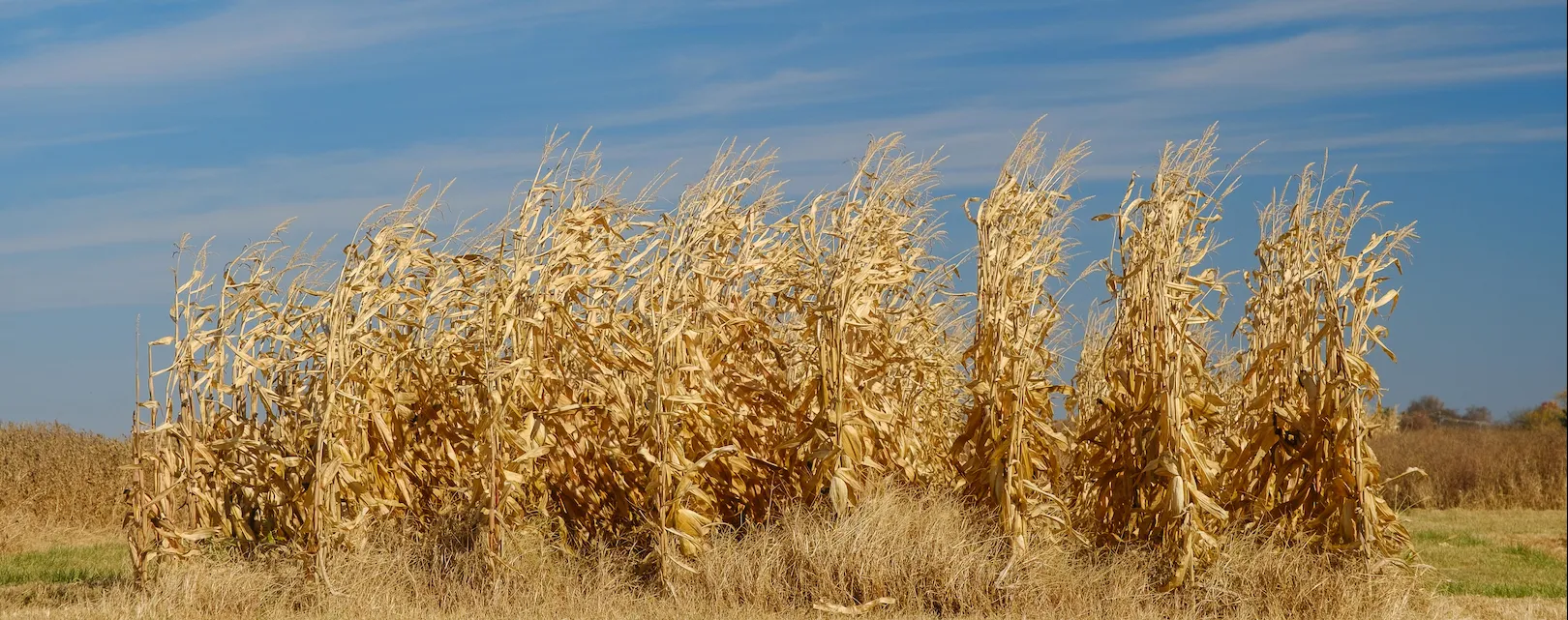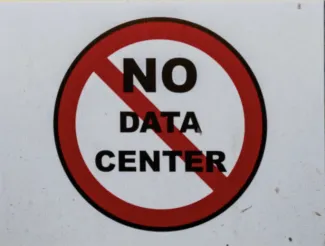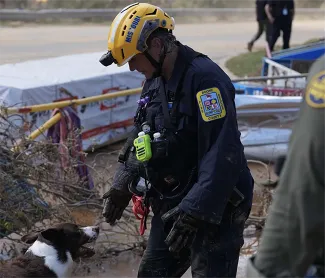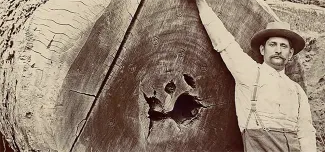Before casting their vote, and maybe even after, many American voters voiced concern because they didn't like either candidate. But maybe liking a candidate isn't the point, writes essayist Amy Bauer in her opinion for The Wall Street Journal. Perhaps it's better to vote against a candidate or party instead of searching and voting for a "likable" one.
When big tech companies look for cheap land and energy to house and feed giant data campuses, they often shop in rural America. In the small town of Peculiar, Missouri, many residents worked to reject a data center proposal by developer Diode Ventures, which represented a secret corporate tech giant.
This summer's scorching heat may be over, but across the United States a lack of soil-absorbed rainfall has left most states facing drought conditions. "More than 150 million people in the country – and 149.8 million in the 48 contiguous states – are in a drought this week. That is about a 34% increase since last week and an over 150% increase since last month.
Hydroponics has been used to grow plants since 600 B.C. when Babylonians first used it to create lush Mesopotamian gardens. Present-day farmers grow hydroponic crops using the same science used 2600 years ago, but they apply it in vastly different ways. In Pennsylvania, the practice has revitalized parts of coal country.
U.S. gun owners come with a wide variety of backstories about why they like owning a firearm, but research suggests that most owners share some of the same reasons for wanting a gun.
As Americans continue to face stubbornly high grocery prices, many are searching for root causes. Turns out, mysterious add-on fees might be part of the problem.
Are U.S. voters ready to help pay for child care services as a part of their community's labor and services infrastructure? Communities in Sonoma County, Calif., St. Paul, Minn., and most of Austin, Texas, are about to find out.
Since American colonial times, Appalachians have logged the region's vast forests and run sawmills to prepare cut wood for use, but the industry has been hampered by multiple economic setbacks and faces an uncertain future.









